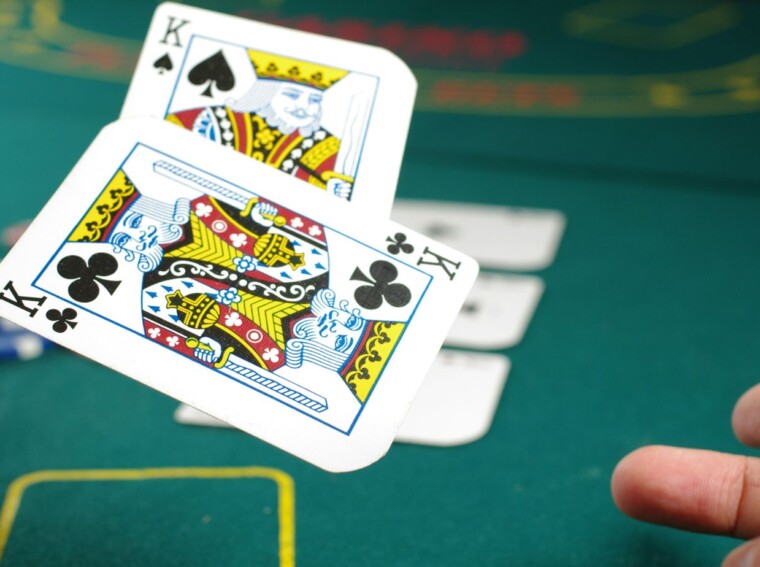Poker isn’t just about luck—though I’ll be the first to admit that catching a miracle river card never hurts. It’s really this fascinating mix of math, psychology, and gut instinct that keeps players coming back for more.
Sure, you might win a few hands on pure chance, but if you want to consistently walk away from the table with more chips than you started with, you’ve got to sharpen your skills.
Whether you’re just starting out or you’ve been playing for years, these strategies can seriously transform your game.
Understanding and Calculating Poker Odds
Poker odds are not as scary as they sound. Once you get the hang of it, calculating your chances becomes second nature.
Let’s say you’re holding two hearts and the flop shows two more. You’ve got nine hearts left in the deck that’ll complete your flush. With 47 unseen cards, you’re looking at roughly 19% odds on the turn. Not amazing, but not terrible either. This kind of quick math helps you decide whether that bet is worth calling.
The real challenge isn’t doing the math—it’s doing it quickly while some guy in sunglasses is staring you down across the table. That’s where practice comes in. Start with the basics: memorize your outs for common draws. A straight draw usually gives you eight outs, an open-ended straight draw gives you eight, and so on.
Bankroll Management
I can’t tell you how many good players I’ve seen go broke because they didn’t respect their bankroll.
The rule of thumb is to never sit down at a cash game with more than 5% of your total bankroll. So if you’ve got $1,000 set aside for poker, don’t play anything higher than $25 buy-in games. Sounds conservative, right? That’s the point.
Poker’s a roller coaster. You’ll have sessions where everything goes wrong—your aces get cracked, your bluffs get called, and that fish who’s been playing every hand suddenly turns into Phil Ivey. When variance hits (and it will), proper bankroll management keeps you in the game.
Mastering Position and Table Dynamics
Position is everything in poker. When you’re in late position, you get to see what everyone else does before making your decision. It’s like getting to peek at the answers before taking a test.
Early position, and you’re flying blind. That’s why you should play tight from early spots and loosen up as you get closer to the button. From the button itself, you can play a much wider range because you’ll have position throughout the entire hand.
But position isn’t just about where you sit—it’s about reading the table. Is the guy to your left super aggressive? Maybe tighten up a bit. Are the players behind you passive calling stations? Time to value bet those marginal hands.
Emotional Control and Poker Psychology

This might be the toughest skill to master. Keeping your cool when some donkey sucks out on you with 7-2 offsuit—that’s what separates the pros from the wannabes.
Tilt is your biggest enemy. The moment you start making decisions based on emotion rather than logic, you’re done. I’ve seen players lose their entire session’s winnings in a single hand because they couldn’t let go of a bad beat from an hour earlier.
Learn to recognize your tilt triggers—maybe it’s getting rivered, maybe it’s when someone makes a terrible call and gets lucky. Whatever it is, have a plan. Take a walk, grab some coffee, or just quit for the day. There’s no shame in protecting your bankroll.
Reading opponents is equally important. That guy who suddenly sits up straight and starts breathing differently might have a monster hand. The player who’s been chatty all night but goes silent, pay attention.
Online Poker Practice
Online poker is honestly the best way to improve your game quickly. You can play multiple tables, see way more hands per hour than live poker, and track your results with software.
The variety is incredible, too. Want to practice tournament play? There’s a tournament starting every few minutes. Prefer cash games? Pick your stakes and jump right in. The competition online can be tougher than live games, but that just makes you better.
Plus, you can practice these strategies without the pressure of face-to-face interaction. No one’s watching your physical tells online—it’s pure strategy and math.
Start small, track your results, and gradually move up as your skills improve. The learning curve is steep, but the convenience factor makes online poker an invaluable tool for any serious player.
Bottom Line
Remember, poker’s both an art and a science. You need the math skills to calculate odds and the people skills to read opponents. Master both sides, and you’ll find yourself winning more consistently—whether you’re playing online poker or sitting down at your local casino.
The key is patience, practice, and never stopping learning. Even the pros are constantly evolving their games.

